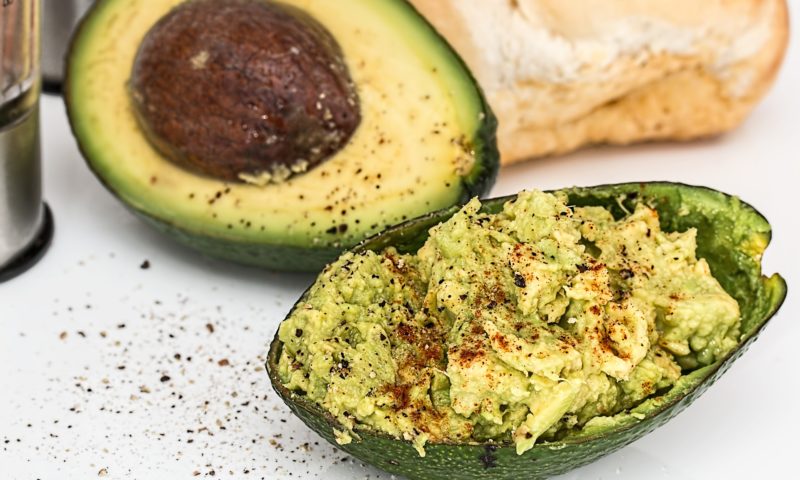Fats… are they good for you? Bad for you? Years ago, your doctor might have recommended that you avoid them altogether to protect your health and minimize weight gain. Now, health experts know that fats aren’t all that bad. So what’s the deal?
Fats: A General Overview
According to the 2010 Dietary Guidelines for Americans, adults should keep total dietary fat intake at 20-30 percent per day. This is because despite many misconceptions, fats are actually essential to our overall health. The trick is to know which ones are actually good for you and which ones can cause harm. Let’s take a look at some of the benefits of nutritional fats:
- They give you energy
- They protect your organs
- They help absorb vitamins from food
- They help build cells and protect organs
- They can reduce disease risk
- They help produce hormones
Understand the Types of Fats
Not all fats produce astounding health benefits. In fact, there are some to be wary of. Let’s break down what you need to know with a few simple explanations:
Saturated Fats
In saturated fats, carbon atoms are filled with hydrogen. These are considered to be “bad” because they raise your “bad” cholesterol, otherwise known as LDL. In turn, high cholesterol increases your risk for heart disease. So, where do these fats come from? You’ll find them in foods such as red meat, butter, eggs, skin on poultry and whole-milk dairy products. According to the American Heart Association, no more than five to six percent of your daily calories should come from saturated fats.
Unsaturated Fats
In unsaturated fats, fewer carbon atoms are bound with hydrogen atoms. These are considered to be healthier because they lower your LDL and elevate your HDL, or “good” cholesterol. These fats are considered to be good for the heart and other parts of your body (see above). You will mostly find them in vegetables, nuts, fish and oils. They also come in a few different forms, however – including monounsaturated and polyunsaturated. For more information on these specifically, CLICK HERE.
What Does All this Mean?
The bottom line is that fats are an essential part of any diet, but you should know what you’re working with. Try to replace saturated fats with unsaturated fats as much as possible to keep your heart healthy and promote overall well-being.
Beyond whole foods, how do you know what’s considered “good” or “bad?” Always read the nutrition facts on a food item that has been altered in some way, shape or form. Food labels will tell you how much of each fat is inside, and from there, you should tune-in to your personal weight and nutritional goals to decide if it’s something you want to eat.
Of course, the best way to incorporate healthy fat into your diet is to consume mostly lean, whole foods such like vegetables, fruits, low-sodium nuts, whole grains and certain cuts of meat. And remember – moderation, not restriction, is key to success!






